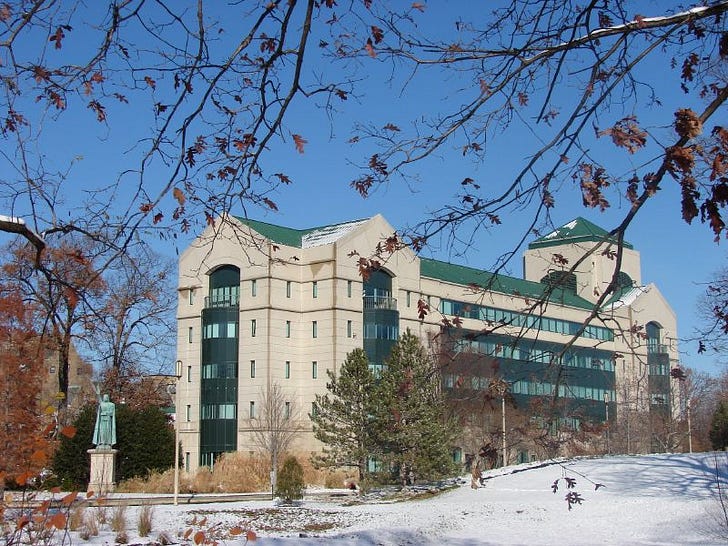USCCB to consider catechist ministry plans
In response to Pope Francis, the U.S. bishops next week will consider models for the ministry of catechists
Two years after Pope Francis urged bishops’ conferences to establish a stable ministry of catechists in local churches, the USCCB will consider next week a proposal that would frame established catechists as central formators in local dioceses, helping bishops to implement “evangelizing catechesis” to reach disaffected Catholics.

But before the proposal …
